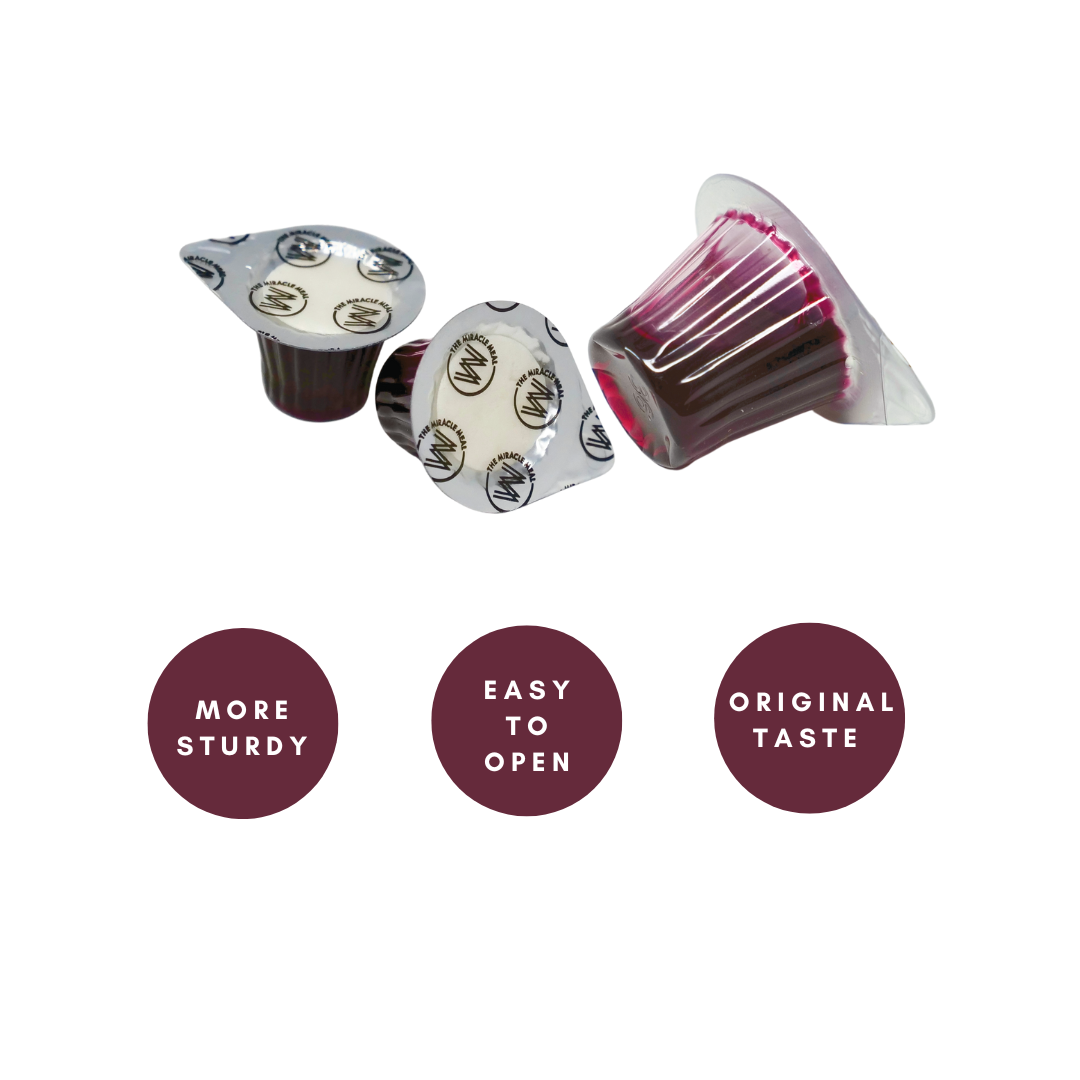Can You Recycle Communion Cups?
Proper disposal of communion cups is a growing concern among churches and congregations aiming to be more environmentally conscious. As the use of pre-filled, single-use communion cups becomes more widespread due to their convenience and hygiene benefits, questions arise about their impact on the environment.
In this article, we’ll explore the recyclability of communion cups and discuss how congregations can adopt eco-friendly practices without compromising the sanctity and convenience of their communion services.
Understanding the Materials Used in Communion Cups
Pre-filled communion cups are typically made from plastic materials designed for single use. The most common types of plastics used are polyethylene terephthalate (PET) or polypropylene (PP), both of which are recyclable in many municipal programs. These plastics are chosen for their durability, safety, and ability to preserve the freshness of the contents.
Each communion cup features a top film that exposes the wafer and a middle foil seal that reveals the juice. This dual-seal system ensures that the elements remain uncontaminated until they are ready to be consumed. The seals are designed to be very easy and silent to open, maintaining the reverent atmosphere during the service.
Understanding the composition of these cups is crucial when considering their recyclability. Knowing that the cups are made from recyclable plastics allows churches to make informed decisions about disposal and environmental stewardship.
The Process of Recycling Communion Cups
Recycling communion cups involves several steps to ensure that they are properly processed:
1. Cleaning the Cups: Before recycling, it’s important to rinse out any remaining juice and remove any residue from the wafer. This prevents contamination in the recycling stream, which can cause recyclable materials to be discarded.
2. Removing the Seals: The foil seals used to protect the wafer and juice are often not recyclable due to their mixed material composition. These should be removed and disposed of separately to prevent issues at the recycling facility.
3. Sorting by Plastic Type: While many communion cups are made from recyclable plastics, it’s important to verify the type of plastic and ensure it matches the accepted materials of your local recycling program. Look for the recycling symbol and code typically found on the bottom of the cup.
4. Disposing in Appropriate Recycling Bins: Place the cleaned and sorted cups into the correct recycling bins. If your church or community has specific bins for plastics, make sure the cups are placed accordingly.
By following these steps, congregations can contribute to reducing waste and promoting environmental sustainability. It’s a practical way to combine spiritual practice with ecological responsibility.
Challenges and Considerations in Recycling
While recycling communion cups is possible, there are challenges that congregations may face:
– Local Recycling Policies: Not all recycling facilities accept the same types of plastics. It’s essential to check with your local waste management services to confirm that they accept the specific type of plastic used in the communion cups.
– Contamination Risks: If cups are not properly cleaned, they can contaminate the recycling stream. This can result in larger quantities of recyclable materials being sent to landfills.
– Effort and Resources: Cleaning and preparing cups for recycling requires time and effort. Churches need to assess whether they have the resources to implement this process effectively.
– Foil Seal Disposal: Since the foil seals are not typically recyclable, they contribute to waste. Finding alternative solutions for these components can be challenging.
Understanding these challenges helps in developing effective strategies to overcome them. Through planning and community involvement, churches can find workable solutions to promote recycling efforts.
Alternative Eco-Friendly Practices
In addition to recycling, there are other eco-friendly practices that churches can adopt:
1. Reusable Communion Ware: Transitioning to reusable cups made of glass or metal reduces waste significantly. While this requires cleaning after each service, it eliminates the need for single-use plastics.
2. Biodegradable Cups: Some manufacturers offer communion cups made from biodegradable materials. These cups break down more easily in the environment and reduce long-term waste.
3. Bulk Preparation: Preparing communion elements in bulk using traditional methods can reduce reliance on individually packaged cups. While this may require more preparation time, it allows for control over materials used.
4. Education and Awareness: Educating the congregation about the importance of environmental stewardship can encourage individuals to participate actively in recycling efforts and adopt sustainable practices in their personal lives.
5. Partnering with Recycling Programs: Working with local recycling organizations can provide resources and support to implement effective recycling initiatives within the church.
By exploring these alternatives, churches can find solutions that align with their values and capacities, contributing positively to environmental conservation.
Conclusion
Recycling communion cups is a viable option that allows churches to maintain the convenience and hygiene of pre-filled cups while promoting environmental responsibility. By understanding the materials involved and taking the necessary steps to recycle properly, congregations can reduce waste and set an example of stewardship.
At The Miracle Meal, we are committed to providing high-quality, pre-filled communion cups that are not only convenient but also environmentally friendly. Our cups are made from recyclable plastic, and we encourage our customers to participate in recycling efforts. Visit our online store to explore our range of communion products and join us in our mission to combine spiritual nourishment with care for the environment.








